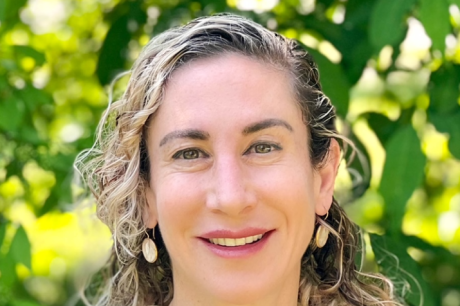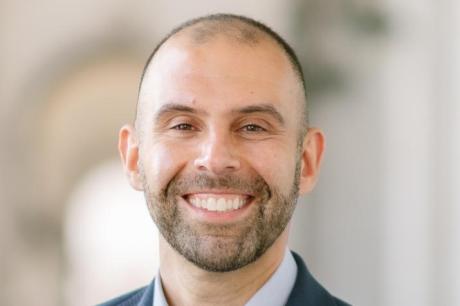by Katherine Donato
July 25, 2011
It’s hard to believe that I’ve just reached the halfway point in my time in Uganda. I’ve been here for about 4 weeks, and have only about that much time left! In some ways it feels like we just got here and have barely done anything, but in other ways, we’ve all now established routines that make it feel like I’ve been living in Mbarara for years. I spent two days out in rural Kashongi last week interviewing women who come to the government health center for antenatal care.
Before getting out into the field, I’ve been frustrated at times by the need for translations into Runyankole, the local language, because the process never seems to run as smoothly as I hope! There is no standard way to write Runyankole, so every time I work with a different translator, we seem to spend a lot of time just correcting the spelling of different words more towards that particular person’s preferences! And that’s before we even get to the seemingly endless discussions about the exact meaning of particular questions.
Getting out into the field and meeting the pregnant women has made me even more aware of the challenges associated with working in a different language. I’ve spent a fair amount of time sitting with groups of pregnant women while they wait to receive care from the midwives at the health center. I’ve been surprised by the diversity of the women’s ages, dress, and general attitude while waiting in the health center. Some seem excited, some are bored, and others look scared or worried.
My natural inclination would be to sit and chat with these women to learn about them and their families, but the overlap in our language skills is limited to about 5 words…certainly not enough to learn anything substantial. Instead I spend a lot of time observing interactions, which is fairly informative into the relationships I can see (e.g, among the women or the women with the midwives), but still quite limited.
I spend a lot of time wishing I could speak Runyankole!


